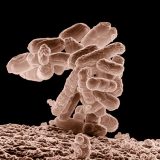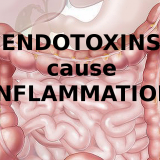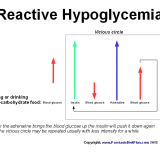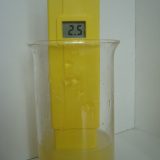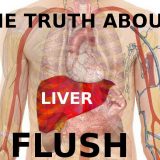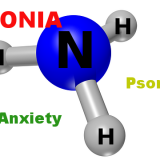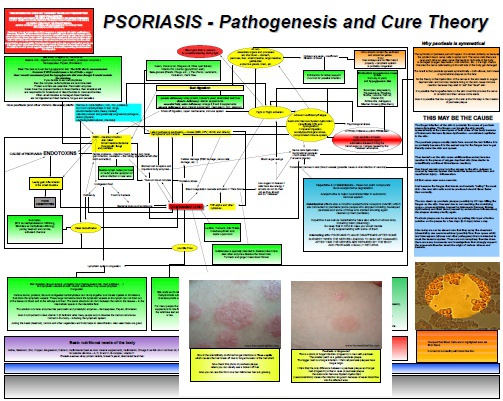Burning Ears and Infections In Psoriatics Are Caused by Leaking Stomach Acid
That’s right all those common health issues that go along with psoriasis like burning ears, recurrent sinus infections and mostly strep throat infections are often caused by stomach acid leaking from the stomach to the upper respiratory tract. Stomach lining can handle the stomach acid but if the acid leaks into the esophagus, throat and Eustachian tube the irritation or disease may develop. Think about the stomach acid as the dishwashing soap that dries the skin. If the skin on…




